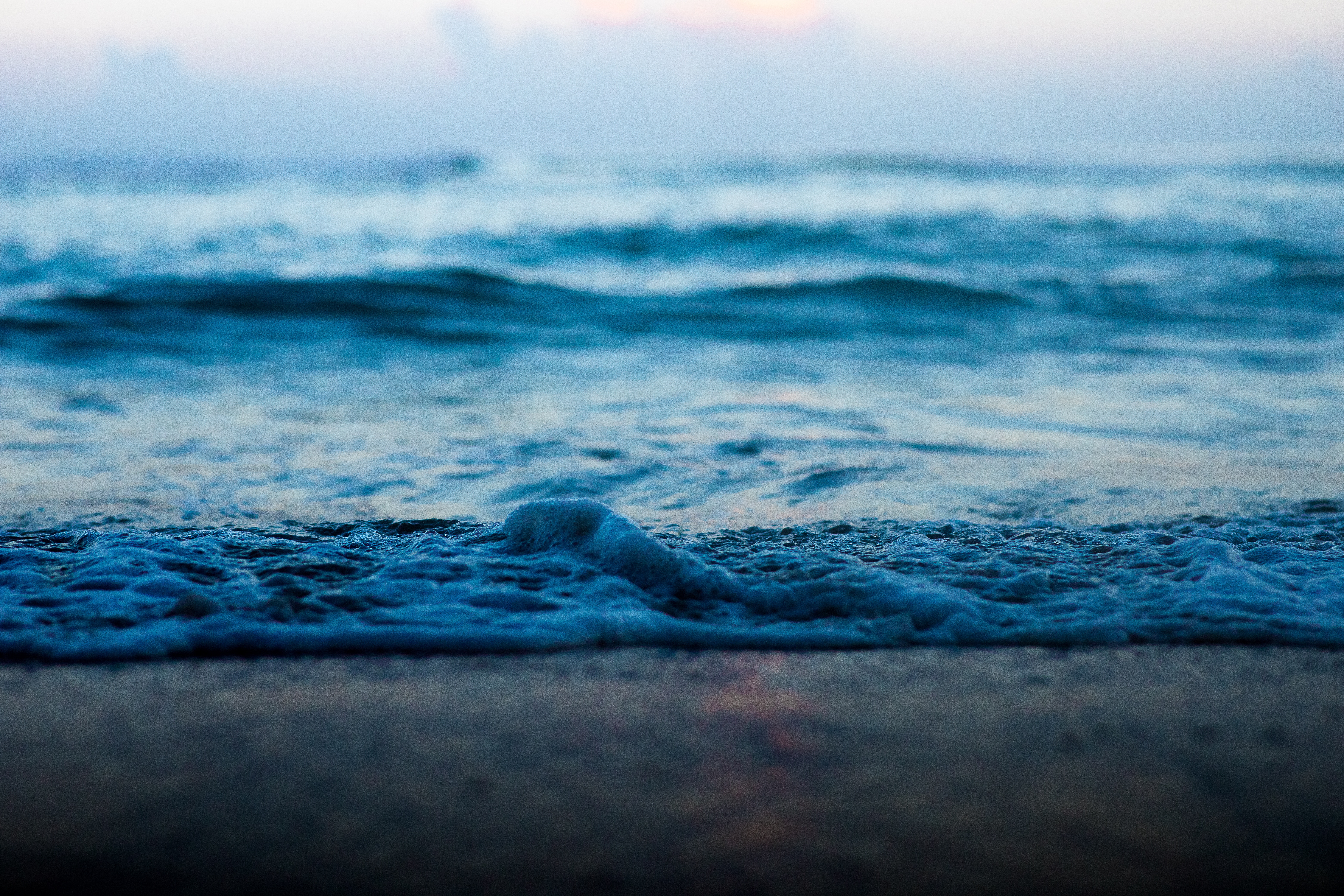Welcome to our new section, Thrive on Campus, devoted to covering the urgent issue of mental health among college and university students from all angles. If you are a college student, we invite you to apply to be an Editor-at-Large, or to simply contribute (please tag your pieces ThriveOnCampus.) We welcome faculty, clinicians, and graduates to contribute as well. Read more here.
My first day in Fiji: hot and humid.
I have zero complaints — I would rather profusely sweat during the Southern Hemisphere summer in Nadi, Fiji than bear the frigid winds of Upstate New York winter in the Northern Hemisphere. I did forget my swimsuit, though, so the beach will have to wait.
Summer means happiness and sunshine. We are supposed to have fun, go to the beach, and socialize. But summer can evoke entirely different expectations for individuals with mental illnesses. By triggering anxiety and loneliness, summer can exacerbate psychiatric symptoms.
Making summer even more formidable: the rising incidence and duration of heat waves. For individuals with mental illness, heat waves are linked to increases in hospital admissions and more than triple the risk of death. And the fear of others noticing and judging keeps many people with self-harm scars suffering in stifling long sleeves instead of wearing summer clothes. Add the societal expectation of having a “summer body” — toned and skinny, the ideal according to current beauty standards — and the stress of summer escalates.
I detect the stress of summer a few days after arriving in beautiful Nadi while shopping with new friends, all hailing from different parts of the world. Littering our conversations as I search for my coveted bathing suit are jokes about accidental weight gain and the subsequent loss of “summer bodies.” When we go to the beach the next day, a friend looks wistfully at another woman and quietly muses that she really should start exercising.
After that, when I travel off the main Fiji island (Viti Levu) to a smaller one (there are over 300!), I take beach photos for a new friend. She looks disgustedly at the pictures, asking me if she really does look like that. Several hundred photos later, she contently shows me one and exclaims, “That looks more like me, like my ‘summer body!'” before posting the picture on Instagram.
The “summer body” suggests that we should look our leanest and strongest during the most important time: summer. It encourages us to target seasonal end results — looking a certain way for a specific period of time. It also reflects society’s problematic views on health: We extol visible short-term results instead of celebrating invisible long-term processes, thus incentivizing unhealthy methods to get temporary aesthetic results.
This is the opposite of being healthy.
Health is not so much about how we look, but what we are doing: drinking enough water, getting a good night’s sleep, eating well, and exercising. None of those things are seasonal, or at least, they should not be. It does not matter whether we have a “winter body” or “summer body.” What matters is that we are taking care of ourselves through actions that make us feel good, regardless of when.
The sweltering heat does not relent during my last day in Fiji. I sit on my bed, watching the sunlight drift through the window and onto the wall, even though the sky is cloudy. A typical summer.
My body: seasonless.
Subscribe here for all the latest news on how you can keep Thriving.
More on Mental Health on Campus:
What Campus Mental Health Centers Are Doing to Keep Up With Student Need
If You’re a Student Who’s Struggling With Mental Health, These 7 Tips Will Help
The Hidden Stress of RAs in the Student Mental Health Crisis


